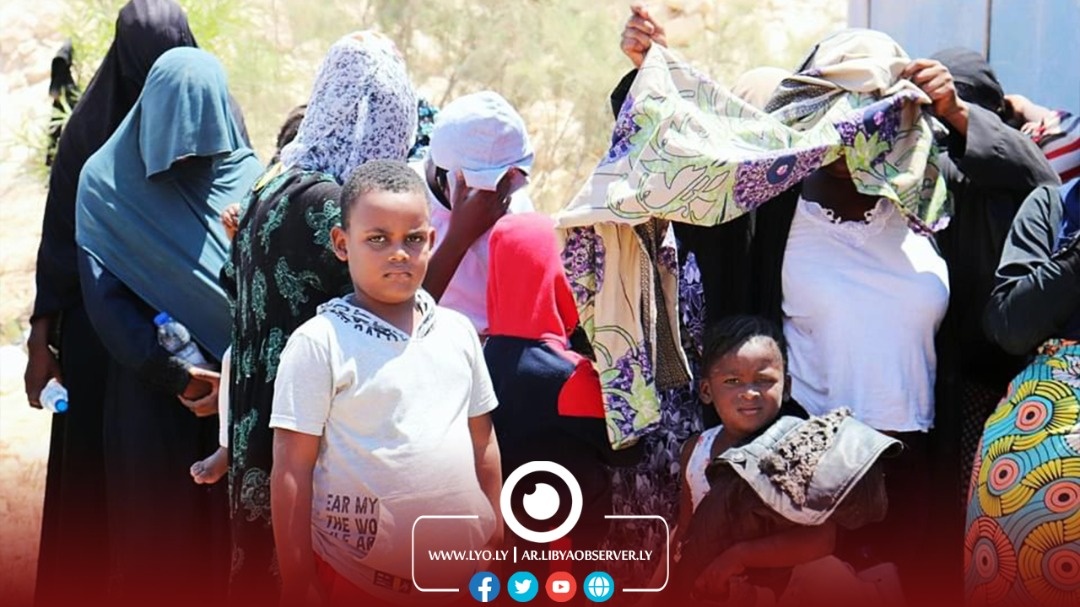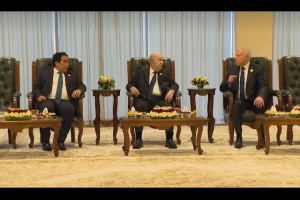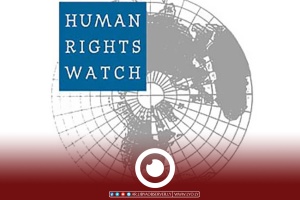Human Rights Watch said Thursday that Tunisian security forces had collectively expelled several hundred Black African immigrants and asylum seekers, including children and pregnant women, since July 2, 2023 to a remote, militarized buffer zone at the Tunisia-Libya border, saying Tunisian government should halt collective expulsions and urgently enable humanitarian access to the African immigrants and asylum seekers already expelled to a dangerous area at the Tunisia-Libya border, with little food and no medical assistance.
"The group includes people with both regular and irregular legal status in Tunisia, expelled without due process. Many reported violence by authorities during arrest or expulsion." Human Rights Watch said, citing Lauren Seibert, refugee and immigrant rights researcher at the organization, as saying that "Not only is it unconscionable to abuse people and abandon them in the desert, but collective expulsions violate international law.”
Hundreds of immigrants from sub-Saharan African countries found themselves in a desert region in southern Tunisia after they were expelled in recent days from Sfax in central Tunisia, following clashes with residents, who demanded their departure, according to testimonies reported by Agence France-Presse.
On Tuesday and Wednesday, acts of violence targeting those immigrants escalated in Tunisia, after an immigrant had killed a Sfax resident.
Meanwhile, Human Rights Watch cited testimonies of immigrants confirming that several people were killed in the border area between July 2-5, saying they were beaten or shot by the Tunisian army or the National Guard, but Human Rights Watch said it did not obtain confirmation of the allegations because it was not able to reach the area of the claim.
"The Tunisian government should respect international law and conduct individual legal status assessments in accordance with due process before deporting anyone, Human Rights Watch said. The government should also investigate and hold to account security forces implicated in abuses." Human Rights Watch said.








